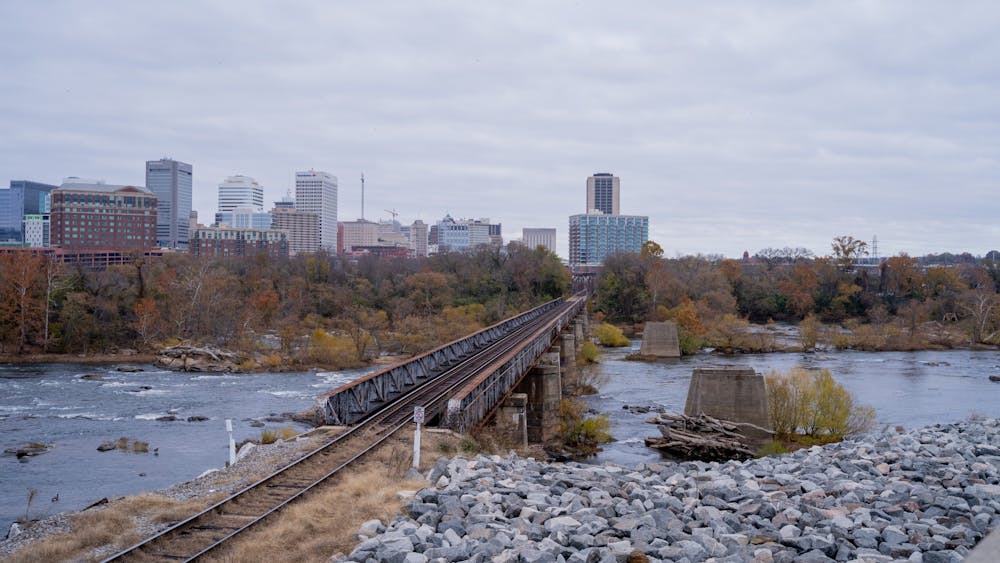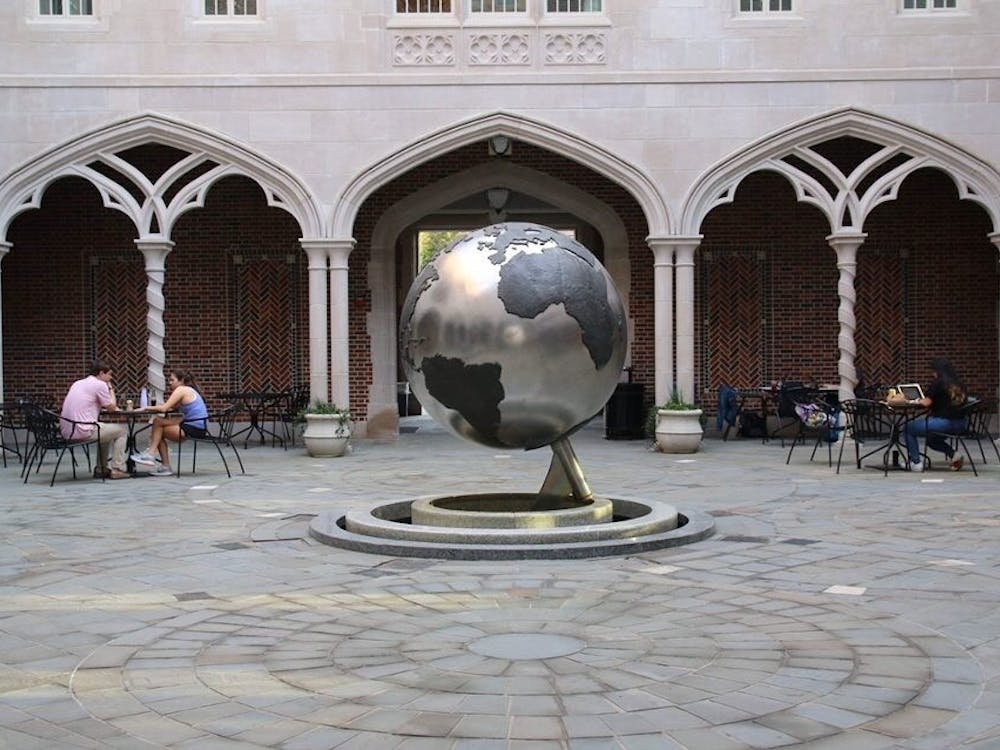Richmond Public Schools joined six other Virginia school districts in a lawsuit against Gov. Glenn Youngkin’s executive order giving parents the right to opt-out of mask mandates at K-12 schools.
Richmond, Alexandria City, Arlington County, Fairfax County, Falls Church City, Hampton City and Prince William County school districts sued Youngkin’s order on Jan. 24 on the grounds that it violated a section of Virginia’s state constitution that gave school boards ultimate supervision. The seven school boards in total represent 350,000 students across the state, according to the Associated Press.
However, the Virginia Supreme Court dismissed a petition from Chesapeake parents to reject Youngkin’s mandate, according to the Associated Press. The court ruled that the petition, which called for a writ of mandamus, only applied to extraordinary circumstances, unlike this one.
Last week, an Arlington judge halted Youngkin’s mandate for Virginia school districts under the basis of the state law, according to the Washington Post.
Three days later, the Virginia Supreme Court gave its seemingly opposing ruling. However, the lawyer representing the Chesapeake parents said that ruling is only procedural and not the end of the discussion, according to the Associated Press.
The school district lawsuit argued that Youngkin’s order went against a 2021 Virginia law that said school districts should follow the recommendations of the Centers for Disease Control and Prevention.
The 2021 law was passed by former Gov. Ralph Northam and required school boards to provide in-person instruction in accordance with guidelines set by the CDC, according to the Virginia Department of Health. The bill will expire on Aug. 1, according to the VDH.
The CDC recommended universal indoor masking for all students, ages two and up, staff, teachers and visitors to K-12 schools, according to the CDC’s website.
Youngkin announced his executive order on Jan. 21, at a time when there were 57,703 new cases across the state, according to data from the New York Times.
Thad Williamson, an RPS parent and professor at the University of Richmond’s Jepson School of Leadership Studies, said there was frustration with Youngkin’s order because the pandemic put a lot of stress on teachers. He said the uprise in cases in January, especially after the holidays, had caused a disturbingly high absence rate, so not requiring masks made teachers feel unsafe and added to their stress.
Theresa Kennedy, an RPS parent, said Youngkin’s order diverted attention away from the serious problems school systems were facing from the pandemic.
Kimberly Bridges, former RPS school board member and assistant professor and co-coordinator of the Department of Educational Leadership at Virginia Commonwealth University, said Youngkin’s order went beyond parental rights.
Enjoy what you're reading?
Signup for our newsletter
“The fundamental issue is who has the control over K-12 public schools in Virginia, and the authority is vested in local schools,” Bridges said. “It's this issue of local school boards and what they are authorized to do or not do and what the governor can come in and tell them or not tell them.”
Williamson echoed Bridges’ perspective on the fundamentals of Youngkin’s mandate.
“It’s also the more general principle that the school boards are empowered by the state constitution to make decisions and the governor's office can't override that,” he said.
The seven Virginia school districts were not alone in filing suit against Gov. Youngkin. A group of parents of students with disabilities filed a lawsuit backed by the American Civil Liberties Union of Virginia, according to WRIC.
“I think one of the other issues to me that is particularly heartbreaking is around, you know, localities like Richmond, where we're [RPS] serving a disproportionately higher poverty, higher minority population,” Bridges said. “The population of regional schools and some of the other school systems in the state are by intention serving students who are particularly challenged, and at this point, when a pandemic is also disproportionately impacting groups that have been historically marginalized.”
Williamson said the issues raised by Youngkin’s order also touched on social philosophy.
“It's misguided as a public health matter, but I also think just as a matter of social philosophy, we don't say that I have the right to cause harm to other people, right?” he asked. "Yeah, nobody thinks that’s an acceptable theory, so then why is it acceptable or OK for me to potentially harm another person for the sake of my convenience?"
Kennedy said Youngkin’s order also sent a bad message to children, whom this order would ultimately affect, and it would teach children that freedom is more important than someone else's health.
Contact city and state writer Hannah Levine at hannah.levine@richmond.edu.
Support independent student media
You can make a tax-deductible donation by clicking the button below, which takes you to our secure PayPal account. The page is set up to receive contributions in whatever amount you designate. We look forward to using the money we raise to further our mission of providing honest and accurate information to students, faculty, staff, alumni and others in the general public.
Donate Now



